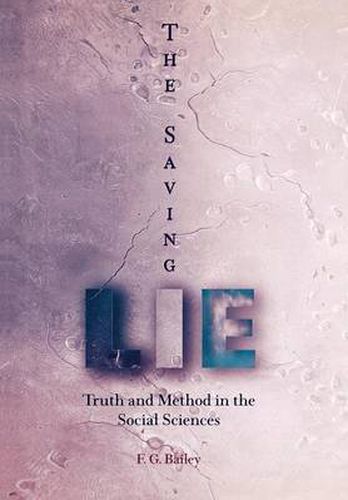Readings Newsletter
Become a Readings Member to make your shopping experience even easier.
Sign in or sign up for free!
You’re not far away from qualifying for FREE standard shipping within Australia
You’ve qualified for FREE standard shipping within Australia
The cart is loading…






This title is printed to order. This book may have been self-published. If so, we cannot guarantee the quality of the content. In the main most books will have gone through the editing process however some may not. We therefore suggest that you be aware of this before ordering this book. If in doubt check either the author or publisher’s details as we are unable to accept any returns unless they are faulty. Please contact us if you have any questions.
This book explores the distinction between selflessness and self-interestedness, between acting for one’s own advantage and acting, even when disadvantageous, for reasons of duty or conscience. This apparently straightforward contrast (exemplified in the difference between rational-choice models in economics and holistic models in social anthropology) is a source of confusion. This is so, F. G. Bailey argues, because people polarize and essentialize both actors and actions and uphold one or the other side of the contrast as concrete reality, as the truth about how the social world works. The task of The Saving Lie is to show that both versions are convenient fictions, with instrumental rather than ontological significance: they are not about truth but about power. At best they are tools that enable us to make sense of our experience; at the same time they are weapons we deploy to define situations and thus exercise control.
Bailey says that both models fail the test of empiricism: they can be at once immensely elegant and quite remote from anyone’s experience in the real world. And since both models are saving lies, we should accept them as necessities, but only to the extent they are useful, and we should constantly remind ourselves of their limitations. The wrong course, according to Bailey, is to promote one model to the total exclusion of the other. Instead, we should take care to examine systematically the rhetoric used to promote these models not only in intellectual discourse but also in defining situations in everyday life.
The book strongly and directly advocates a point of view that combines skepticism with a determination to anchor abstract argument in evidence. It is argumentative; it invites confrontation; yet it leaves many doors open for further thought.
$9.00 standard shipping within Australia
FREE standard shipping within Australia for orders over $100.00
Express & International shipping calculated at checkout
This title is printed to order. This book may have been self-published. If so, we cannot guarantee the quality of the content. In the main most books will have gone through the editing process however some may not. We therefore suggest that you be aware of this before ordering this book. If in doubt check either the author or publisher’s details as we are unable to accept any returns unless they are faulty. Please contact us if you have any questions.
This book explores the distinction between selflessness and self-interestedness, between acting for one’s own advantage and acting, even when disadvantageous, for reasons of duty or conscience. This apparently straightforward contrast (exemplified in the difference between rational-choice models in economics and holistic models in social anthropology) is a source of confusion. This is so, F. G. Bailey argues, because people polarize and essentialize both actors and actions and uphold one or the other side of the contrast as concrete reality, as the truth about how the social world works. The task of The Saving Lie is to show that both versions are convenient fictions, with instrumental rather than ontological significance: they are not about truth but about power. At best they are tools that enable us to make sense of our experience; at the same time they are weapons we deploy to define situations and thus exercise control.
Bailey says that both models fail the test of empiricism: they can be at once immensely elegant and quite remote from anyone’s experience in the real world. And since both models are saving lies, we should accept them as necessities, but only to the extent they are useful, and we should constantly remind ourselves of their limitations. The wrong course, according to Bailey, is to promote one model to the total exclusion of the other. Instead, we should take care to examine systematically the rhetoric used to promote these models not only in intellectual discourse but also in defining situations in everyday life.
The book strongly and directly advocates a point of view that combines skepticism with a determination to anchor abstract argument in evidence. It is argumentative; it invites confrontation; yet it leaves many doors open for further thought.